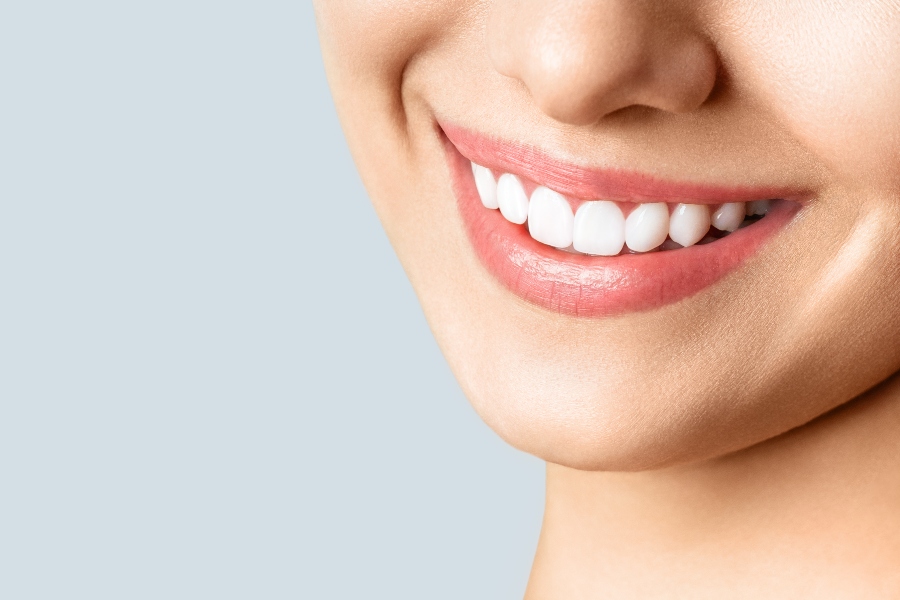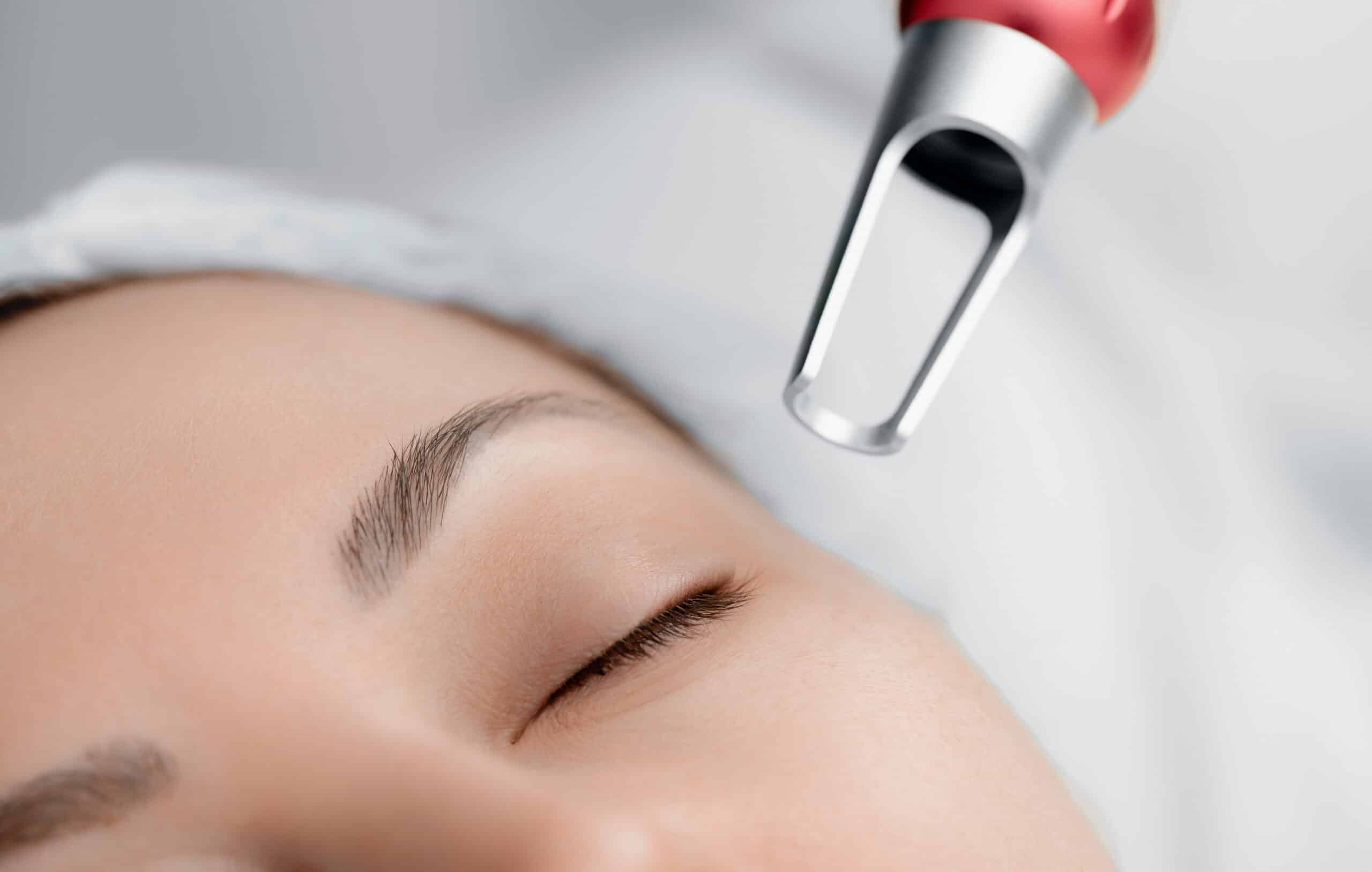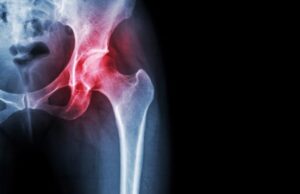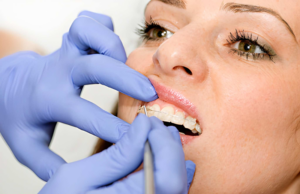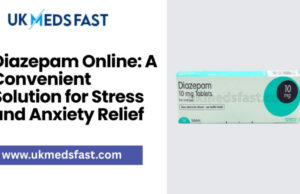Renewing Mobility: A Journey of Knee Cartilage Regeneration of Emily Brown
The story of Emily Brown represents a modern medical triumph. This resident of Sydney experienced severe knee pain for years. Her condition affected every...
Ceramic Braces – Everything You Need to Know
Ready to wear braces but not excited about flossing metal each time you smile? Yes, you are not alone. Many of them desire to...
Complete Difference Between One-A-Day Tablets and Multivitamin Packs
Both aim to support day-to-day strength. Both promise usefulness. Yet they introduce very various habits. Understanding these distinctnesses helps you choose what suits your...
Deluxe Hydrafacial Treatment: The Ultimate Skin Rejuvenation Experience
Modern beauty drives our city. People want clear glowing skin. Healthy faces build great confidence. Advanced treatments fill the spa. Finding the right care...
What to Expect from a Professional Dental Clinic?
Going for check-ups at a dental clinic is one of the most effective means of maintaining oral health. A dental clinic is not only...
The Ultimate Sleeping Bed for Pregnancy: How Pregnant Women Beds Are...
Pregnancy is a beautiful journey, but it often brings discomfort, disturbed sleep, and posture issues. As the body undergoes rapid changes, restful sleep becomes...
How TCM Treatment Manages Early Stage Of Colorectal Cancer?
Colorectal cancer is not a new illness. It has been a health condition that many people are suffering from. The risk of this condition...
Diazepam Online: A Convenient Solution for Stress and Anxiety Relief
Life can be hectic and the stress, anxiety and the tension can be influencing day-to-day activities. To most people, it is difficult to identify...
© 2025 healthnmedicare.com. All Rights Reserved.
